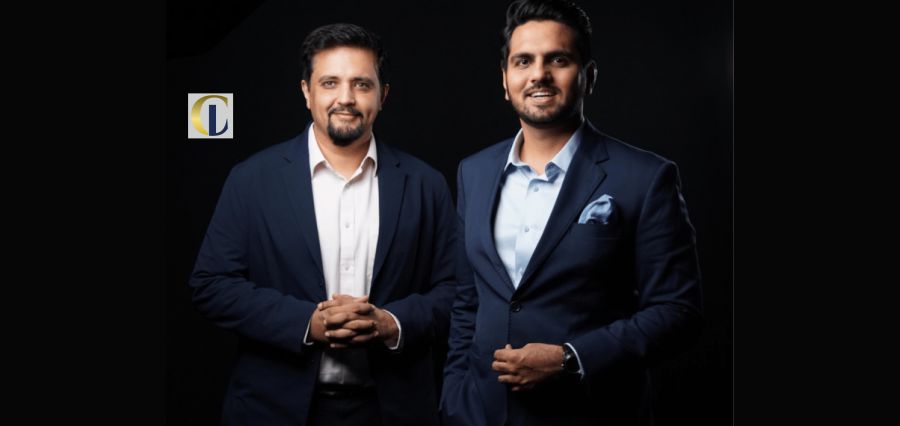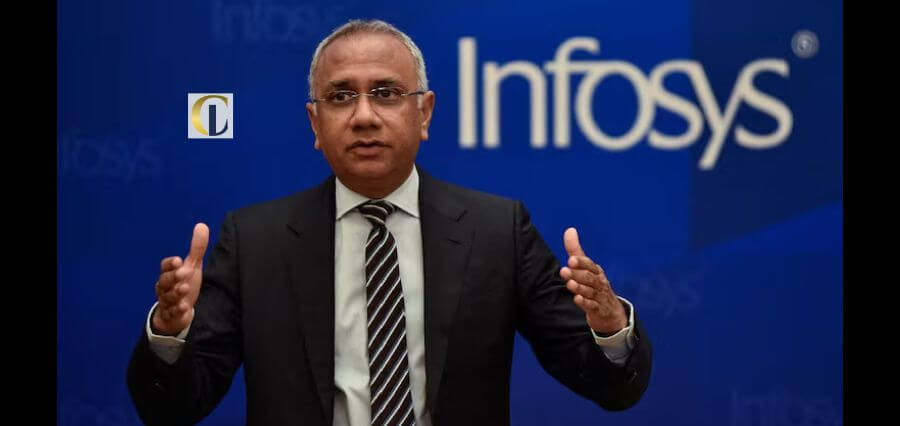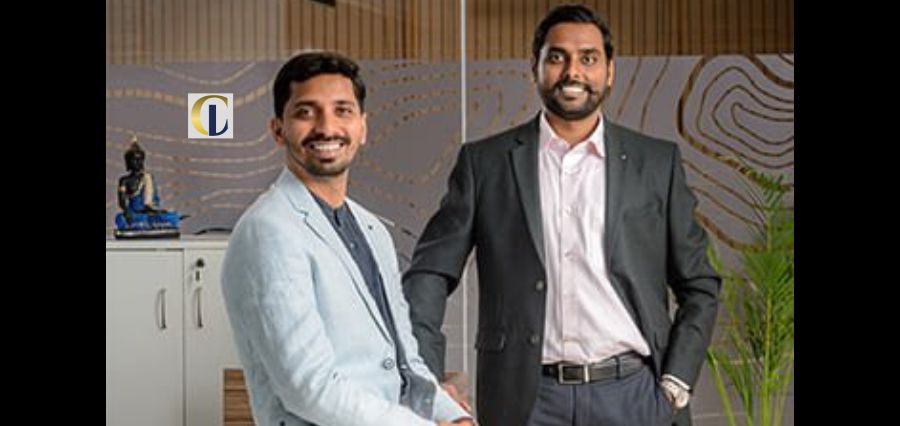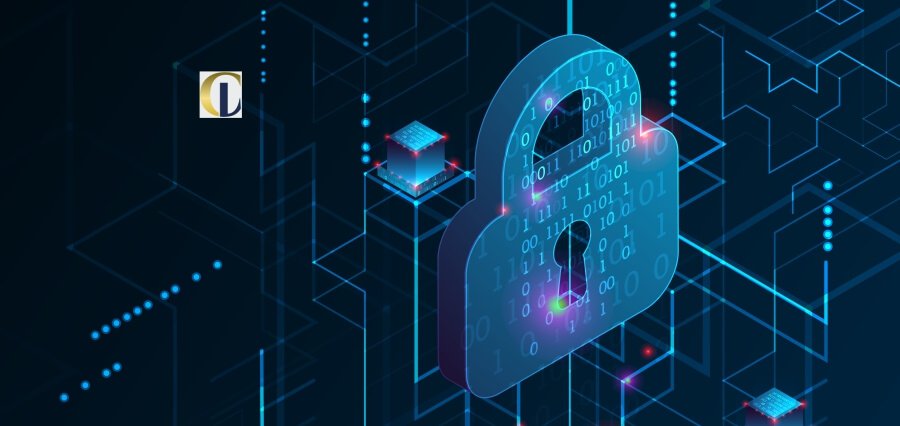The process of evolution of mankind has different aspects. It is always said that there are three most important inventions that pushed human progress i.e., fire, wheel, and computer. Apart from all, language is one of the significant factors in the history of mankind. Humans grouped into communities that used to talk the same language.
But what about communicating with the other societies? Globalization brought the whole world on a single click. We can connect to anyone from anywhere and can communicate with them by using google translator. But have you wondered how ancient people managed to communicate with the people from other places? The answer is they learned languages of corresponding regions and started communication with the people from those regions.
In this digital era, we have technological advantages that can troubleshoot the language barriers. But still, it cannot give the exact meaning of what we want to deliver. Hence, to learn the particular language is the best option for communication. Marina Tognetti, an enthusiastic entrepreneur, noticed this and established mYngle that provides online language education.
“As entrepreneur what you start out to do will not be what you are doing when you are ultimately successful”
For our edition of Champions of Change 2021, she shared her experiences with us during the interview. Following are the highlights of the interview:
What is change according to you?
Change is all around us. Markets keep changing because of fast-paced advancement in technology and COVID fast-tracked many changes in a way that was unthinkable just a few months before. This means that to be successful, companies must be able to adapt and focus on customer-oriented strategies.
Some of the lessons that make start-ups successful can be used to inspire transformation also in established companies, stimulating entrepreneurial thinking and action and shifting the way organizations manage people and ideas.
‘Change is good’, as it forces improvements and continuous developments. Change is also an essential part of being an entrepreneur. In order to succeed as an entrepreneur, you have to be flexible and embrace change. One fault the unexperienced entrepreneurs make is that they get attached to the initial idea and are not willing to let it go.
Instead, they should forget about the business plan and continue evolving till they get it right. The truth is that in most cases, as entrepreneur what you start out to do will not be what you are doing when you are ultimately successful. You will discover that things you expected to work well don’t work at all and will stumble into things that you didn’t expect to work, that will. You will have to be able to adapt. It is how you deal with uncertainty and change that sets you apart.
Kindly tell us how you are bringing change in this world with the help of your business. Describe about your company in detail.
When we started, we were pioneering, amongst the first to provide one-to-one teaching of all languages over the internet. Now COVID has completely changed the world as we know it, causing major disruption to many businesses. While many of the traditional offline players have been challenged by this sudden shift, mYngle was already in the ‘right place’.
We built on many years of experience and know that migrating existing classroom training programs to digital is not just the mere application of existing technology solutions. Rather, it requires a more fundamental rethinking of the total learning experience, from trainers to content, to the blended form.
That is where mYngle is bringing change, keeping ahead in this digital transformation by constantly innovating and pursuing the best possible quality and results, educating the market on the difference between improvised solutions and years of expertise. mYngle offers customized language training programs through video conferencing in 45 different languages anytime, anywhere. Our lessons are one-on-one, with highly qualified native coaches and related to the learner’s job position. Our virtual classrooms enable learners to take classes 24/7.
Brief us about you and shed some light on your professional tenure.
I like challenges, in everything I do. Entrepreneurship, especially in tech, allows you to look far ahead, innovate, change traditional business models, and disrupt industries. I am a tech entrepreneur, founder of myngle.com, but the passion for entrepreneurship came later in my career.
When I graduated from university it was an era when entrepreneurship was not very common for academics. I therefore, built a successful career first in large multinationals, Procter & Gamble, Philips, Sara Lee, The Boston Consulting Group, and eBay; living and working in different countries and got an MBA from INSEAD. It was when working as consultant on a project on internet strategy that I first saw the potential of internet to disrupt entire industries and change forever the way we buy/sell/interact. I had to be part of that.
What made you venture into the industry you are catering to?
The initial idea came from my own personal needs. Like many people back then, I was looking at China for opportunities. The first step was learning Chinese. But finding a way to learn the language was not easy for me as a busy manager. I tried everything: an evening school, CDs/ DVDs, a Dutch teacher trying to teach Chinese, a Chinese student that could not teach.
I got quite frustrated. If I were living in China, I thought, I could easily find a good teacher. That was when the idea hit me – there are thousands of teachers all over the world, I just need to use the power of the internet to connect teachers with students. This is how mYngle was born. My main drive was the challenge of setting-up something completely from scratch and disrupting one of the most traditional industries, that of education.
What kind of products or services do you provide that are making a difference in people’s lives?
Our vision is to disrupt the traditional world of education by providing high quality, virtual language education at any time and any place. Now, with COVID, all has changed, and the world is embracing online education. Soon it will become the norm, setting the standards in terms of quality and flexibility.
We saw that before many others did. It is clear now that online education is here to stay. It proved to be the only possible way of training during lockdowns, but what customers have also been discovering along the way is all the extra advantages of virtual education compared to traditional one in a physical classroom.
It offers same results but is significantly more convenient in terms of flexibility (anytime, anyplace) as well as the possibility of having the best teachers, independently from where they are in the world.
What kind of challenges have you faced while bringing the change through your business? How has it affected your professional life?
The biggest challenge was when we had to drastically change, ‘pivoting’ from the initial business model to a completely different one, which is the mYngle we are now. We had launched mYngle as a marketplace, something I knew very well from my previous eBay experience.
We thought we got it all – funding, lots of awards and PR, a very motivated team. But something in the business model was not functioning as we expected. We listened to our customers, and they gave us the new direction, from an open marketplace to a quality global online school, from B2C to B2B. The key to success was accepting that change was needed and not being afraid to question assumptions, truly listening to our customers.
How has the ongoing pandemic affected the operations of your organization? How are you driving your company to sustain its operations and ensuring safety of your employees at the same time?
Overall, for our staff, work did not change much while moving to remote working. Many of our key processes were already done at distance so, as a company, we are used to managing remote teams. CRM and programming have always been offshore, and our sales staff has always covered different geographical markets from one central location.
I used to say when building our organization, “If our customers can learn a language at distance, we should be able to also run a company at distance.” So, in that respect, we were at an advantage compared to many other companies operating in a more traditional way. What got amplified now with COVID’s lockdowns, is that employee’s well-being is even more vital, and encouraging, and supporting employees through this time is almost more important than productivity.
It’s about support, empowerment, empathy to keep a sense of belonging, let our people know that we are in this together. That means having a steady stream of communication, from the managers and between team members, to keep people updated on what’s going on and drive more virtual connectivity and culture.
What would be your strategic approach to scale your business in 2021 and beyond?
In the next years, the integration of information technology in education will further accelerate and online education will become an integral component of education. After years of encouraging eLearning and virtual classroom approaches, the pandemic has helped move the needle on technology acceptance, for learners and L&D professionals alike.
The key to our success will be aligning with what customers want. Constant focus on customers and their needs is one of our pillars and key strengths and what will allow us to differentiate from the many new players that still have to prove their value. We have developed a unique and very qualitative offer in the high-end of the market.
Regular surveys consistently demonstrate the high level of satisfaction of our customers (and their sponsors) as reflected in their loyalty. This strong positioning combined with the very positive prospects for the EdTech market enables us to accelerate our growth, thanks to the huge potential of the fast-growing virtual language learning market.
What would be your advice to budding entrepreneurs and youngsters who are striving to bring a change in their community?
Probably the most important lesson of all is that learning is the key to success. In order to learn, you have to recognize and accept that something can be done better. I remember one of my professors at INSEAD once told me, “A strong leader is not the one without faults, as we all have faults, but that which is so self-confident to be able to show its vulnerabilities without being scared that it would impact its strength.”
It is not a sign of weakness, but a sign of strength, to admit you do not know something, or something you thought was right is not, and needs to be changed. That is what makes the difference between failure and success. I hope that this can inspire others to start the challenging journey of entrepreneurship, to give it a fair chance and bring a change in their community.
Where do you envision your company to be in the long run and what are your future goals? How do you plan to embrace the changes happening in your industry?
The (language) training market was already in the transition from offline to online. This age of quarantines, social distancing, and remote working fast-tracked the trend, and online education become in many cases the only possible way of learning. In response to this increase in demand for online training, many traditional offline players have been rushing to find a quick fix, moving their existing solutions online.
Good remote training, however, is not just a matter of adding a tech solution for the virtual classroom and moving a teacher from a physical classroom to a computer, but it requires a whole new set of expertise and capabilities different from those of offline education.
The way the training is delivered, the teaching, content, interaction etc., all need to change in order to provide a good user experience. mYngle was one of the pioneers in virtual (language) training, so now that we are at the crossroad, we can benefit from many years of experience and proven capabilities to deliver a successful online training.
What is the current industrial scenario of the sector you are catering to?
I believe that the adoption of online solutions will continue post-pandemic, and that online learning will accelerate over the next months or years. Specifically, for corporate (language) training in our primary market, there are two opposite ‘forces’ at play now.
Short term barriers might be hampering the adoption of new online solutions, like budgetary constraints due to economic instability, and on the learner front, overall anxiety due to the pandemic. Medium and longer-term, however, the perspectives are positive and online training is expected to grow.
L&D budgets will shift from offline to online learning, which is the only viable option with remote work. The grand learners who embrace online learning during these difficult circumstances may stick to it after the pandemic has passed. Online learning will be an intrinsic part of the new normal.








